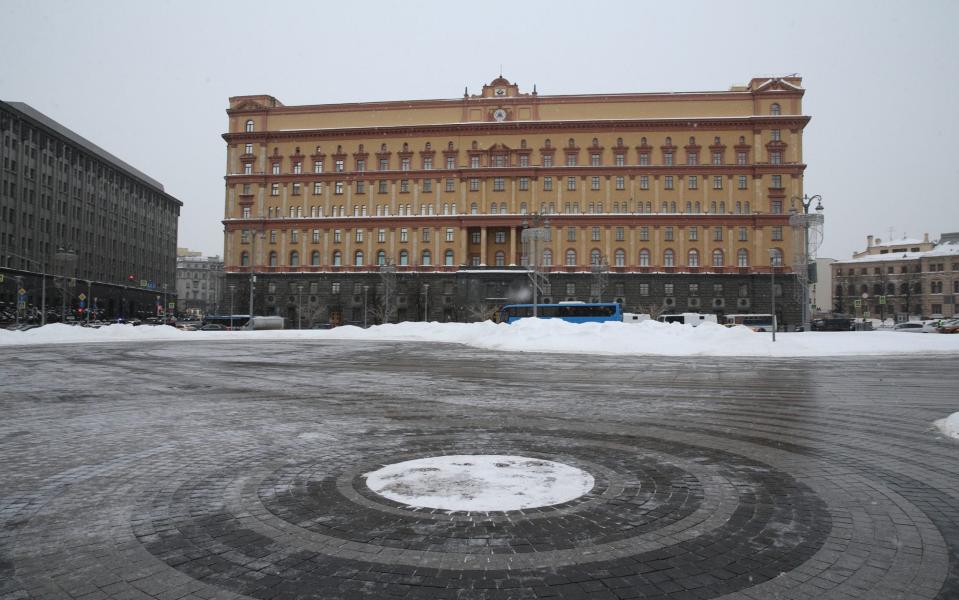Moscow to vote on whether to reinstate statue of brutal founder of Soviet security services

Moscow will this week vote on whether to reinstate a statue of Felix Dzerzhinsky, the fearsome founder of the Soviet security services, on the spot from which it was torn down during the collapse of the USSR.
The monument to Dzerzhinsky, an architect of the Bolsheviks’ bloody Red Terror, dominated the square outside headquarters of the Soviet KGB, now the FSB, in central Moscow until 1991. Buoyed by hopes of a new era in Russian politics, crowds cheered as it was removed by cranes following a failed hardline coup.
Since then the statue has been on display at an outdoor “museum” of other Soviet monuments, including busts of Lenin, Stalin and Brezhnev, in a park in the Russian capital.
But Moscow authorities announced last week it was time to reconsider the fate of the “Iron Felix” monument with an online public vote. Residents of the city will be asked to choose between resurrecting the Dzerzhinsky statue or putting up a sculpture in honour of the 13th-century prince Alexander Nevsky, with no third option.

The poll comes as authorities continue their crackdown on the opposition, with a Russian court on Saturday upholding the two and a half year prison term of Kremlin critic Alexei Navalny. More than 10,000 people were detained at recent protests calling for his release, while a number of his top allies remain under house arrest.
The FSB has become an increasingly powerful force over the two decades of Vladimir Putin’s rule. Mr Putin, a former head of the security service, joked when he was first appointed prime minister that the network was “successfully fulfilling its task” of infiltrating the government.
While some nationalist and right-wing figures have praised the possibility of Dzerzhinsky’s return to one of Moscow’s main squares, others have denounced what they see as a symbol of a repressive system.
Police meanwhile cleared a memorial to the slain opposition leader Boris Nemtsov from a bridge near the Kremlin where it has stood since his murder in 2015, reportedly over fears that supporters of Mr Navalny could rally there. Eight people who had come to lay flowers there were detained at the weekend.

